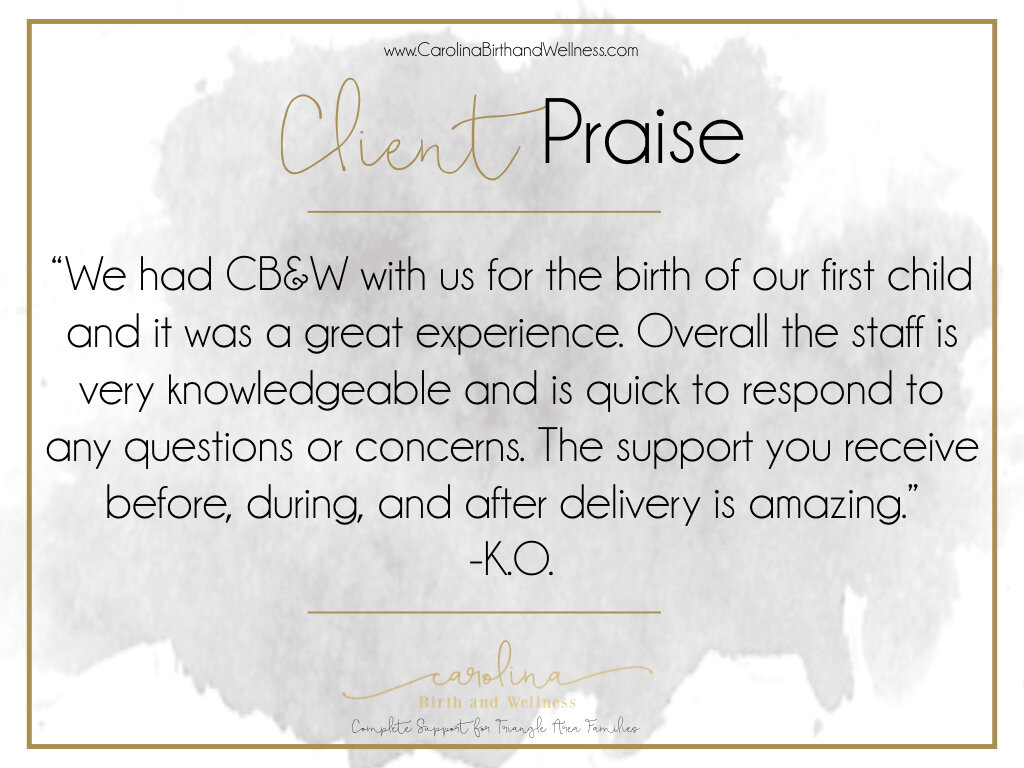Building protective factors in your family creates a strong foundation for family unity and child growth. It also lessens the likelihood of child abuse and neglect during stressful times. Research shows that these protective factors are also “promotive” factors in that they build family strengths and a family environment that promotes optimal child and youth development.
So, what are these Five Protective Factors?
1. Parental Resilience
No one can eliminate the stress from parenting, it’s downright hard some days. However, a parent’s capacity for resilience can affect how a parent deals with every day stress. Resilience is the ability to bounce back from the challenges that emerge in every family. It means you find ways to solve problems, knowing how to seek help when necessary, and developing trusting relationships with your own child.
2. Social Connections
Everyone needs social connections, we all know the saying “it takes a village”. Friends, family members, neighbors, and community members provide emotional support, can help solve problems, and even offer parenting advice for new parents. There are a slew of ways to connect socially with technology now, there is a Facebook group for everything. There are also the tried and true reading circles are libraries and other wonderful ways to connect socially.
3. Concrete Support in Times of Need
Meeting basic economic needs like shelter, food, clothing, and health care is essential for families to thrive. How are you ensuring your basic needs are being met?
4. Knowledge of Parenting and Child Development
Accurate information regarding parenting and child development is critical to help strengthen your growing family. This helps parents have appropriate expectations for children’s behavior at every age and allows parents to see their children in the most positive light. Information can come from many sources, including books, medical providers, family, friends, parent education classes, and even the internet.
5. Social and Emotional Competence of Children
Ever hear of emotional intelligence? It far out ranks other skillsets when most employers are asked their most desirable quality in hiring. A parent is the first teacher to help a child develop their emotional intelligence.
A child’s ability to interact positive with others, self-regulate their behavior, and effectively communicate their feelings has a positive impact on everyone in their family.
Wrapping up
There you have it, the 5 Protective Factors. These factors benefit ALL families, build family strengths, buffers families during stressful times, and promotes better outcomes. These can be implemented through small but significant changes in everyday actions. We encourage you to seek out ways to enhance your protective factors!










